Explore the Committees of WrocMUN
and discover the diverse forums where young delegates will debate pressing global issues. From security and human rights to health, development, and cultural cooperation, each committee offers a unique opportunity to engage with real-world challenges and develop diplomatic skills in an international setting.
UN Security Council (UNSC)
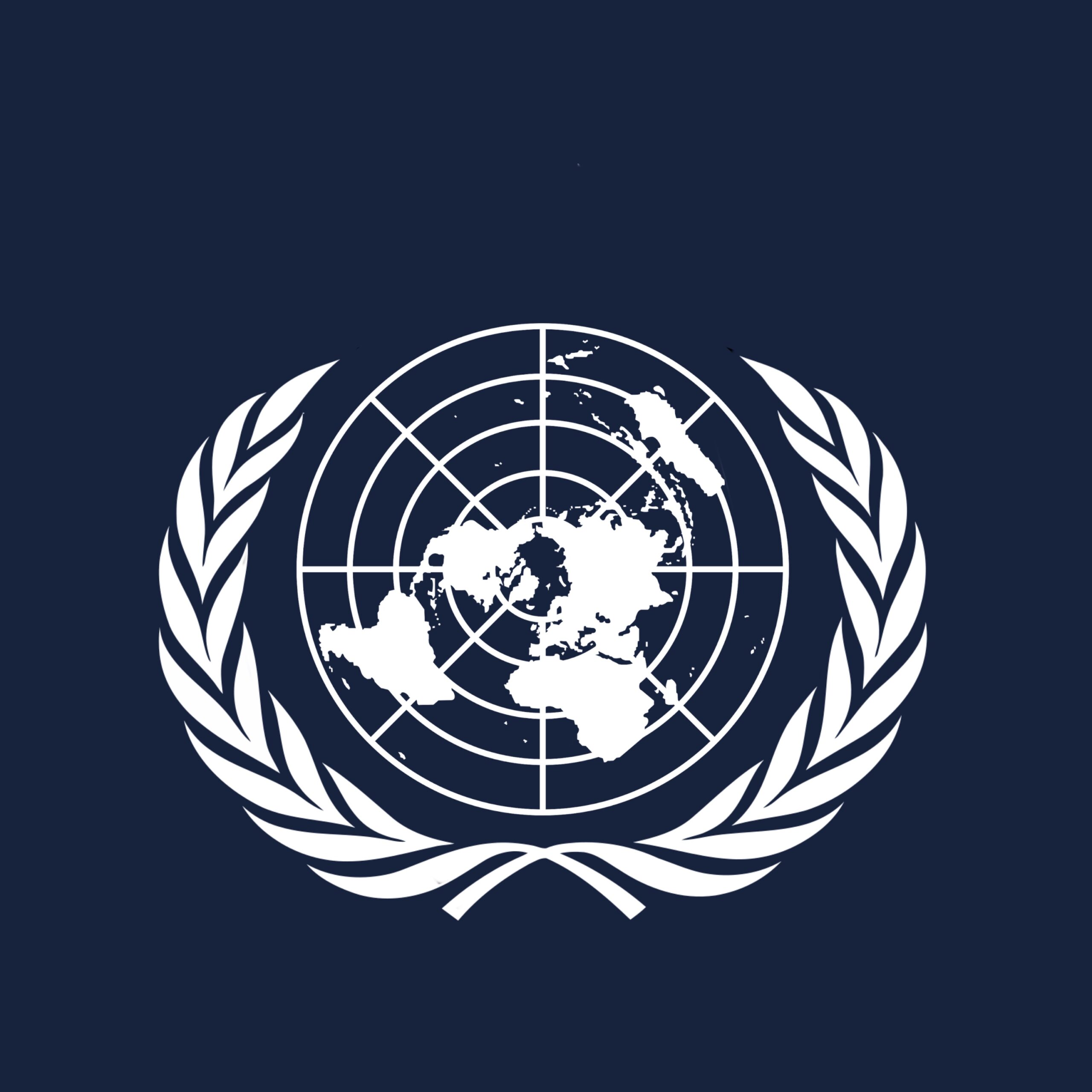
As the principal organ for maintaining international peace and security, the Security Council debates and decides on pressing global crises, conflict resolution, and peacekeeping operations.
Future Security Council (FSC)
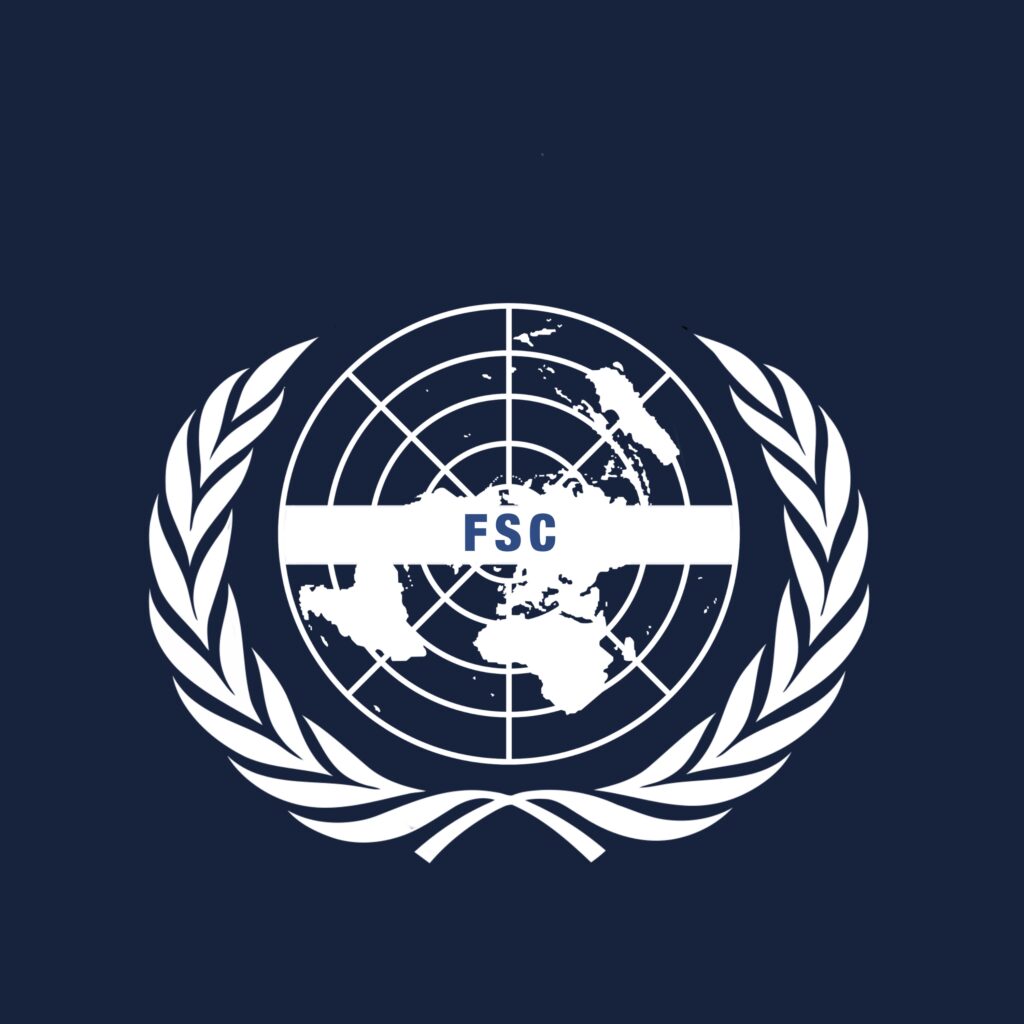
A simulation of the Security Council set in a hypothetical future. Ambassadors grapple with fictional, forward-looking scenarios, testing creative solutions for the challenges of tomorrow.
Human Rights Council (HRC)
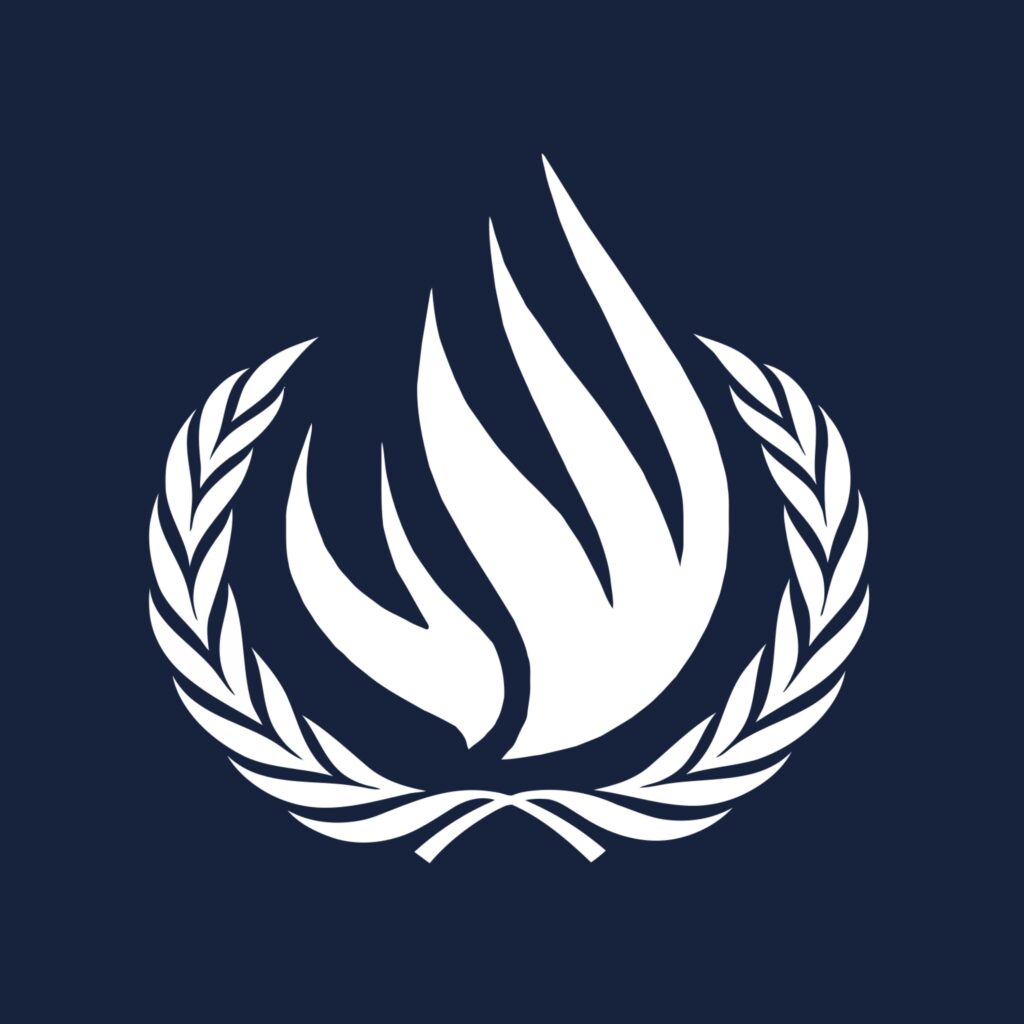
Delegates work to protect and promote human rights worldwide, discussing humanitarian crises, civil liberties, and responses to injustice and discrimination.
United Nations Office on Drugs and Crime (UNODC)
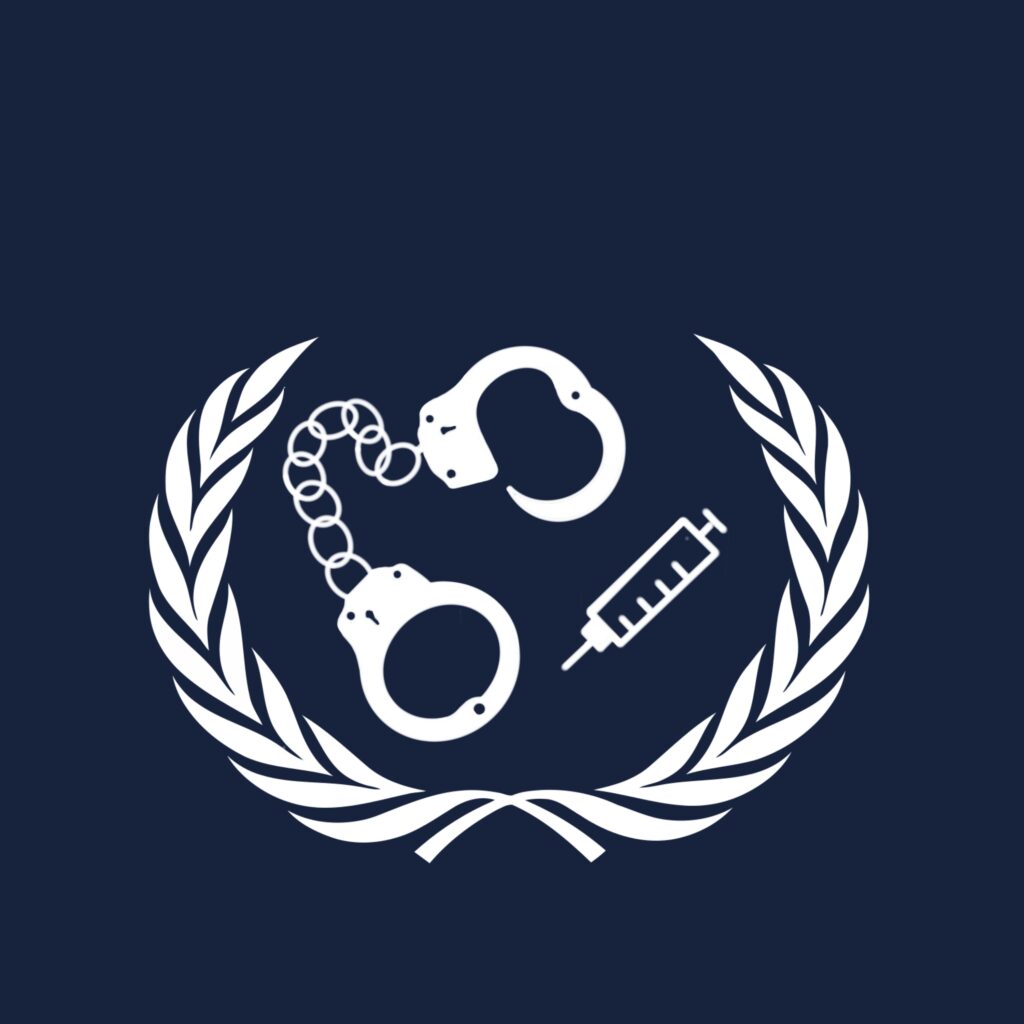
Focused on combating transnational threats, UNODC addresses issues such as drug trafficking, organised crime, cybercrime, and international justice.
World Health Organization (WHO)
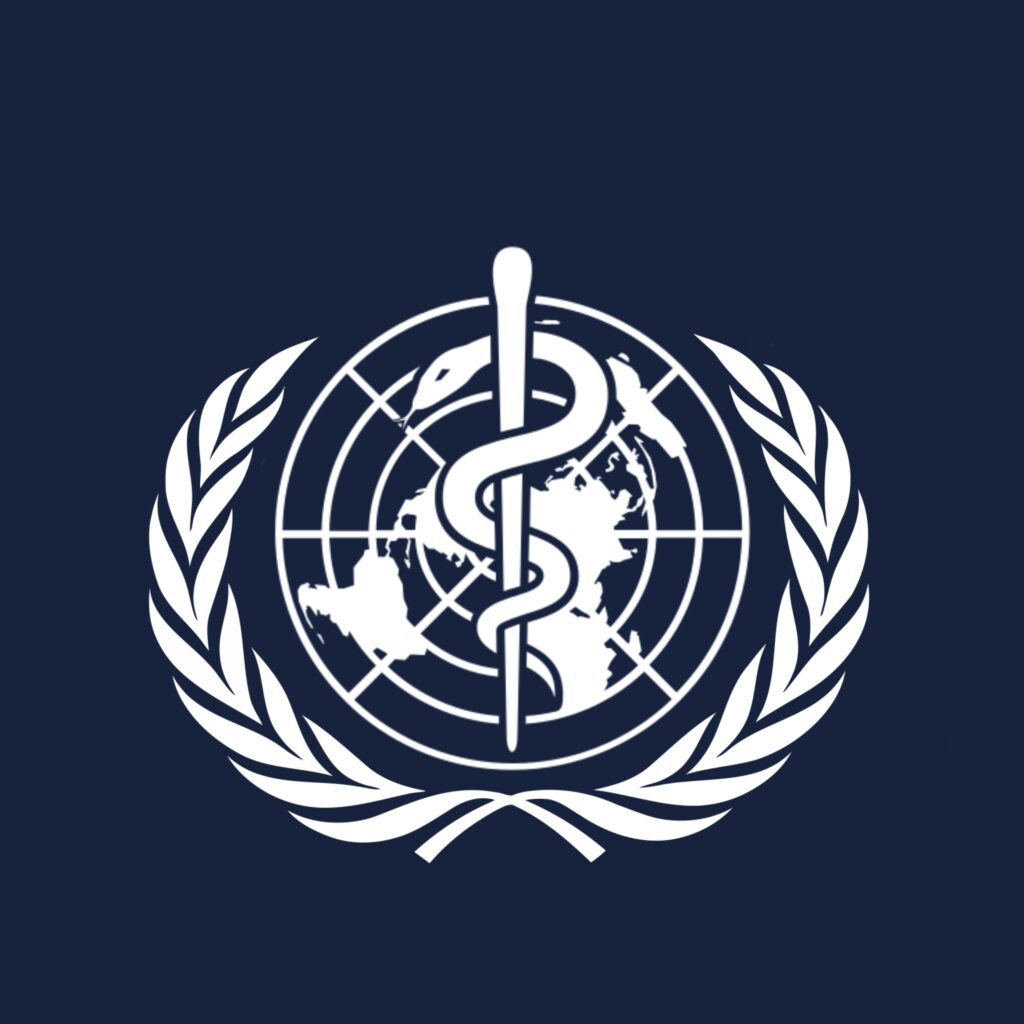
This committee tackles major public health challenges, from disease outbreaks and global vaccination efforts to health policy, ethics, and access to care.
United Nations Entity for Gender Equality and the Empowerment of Women (UN Women)
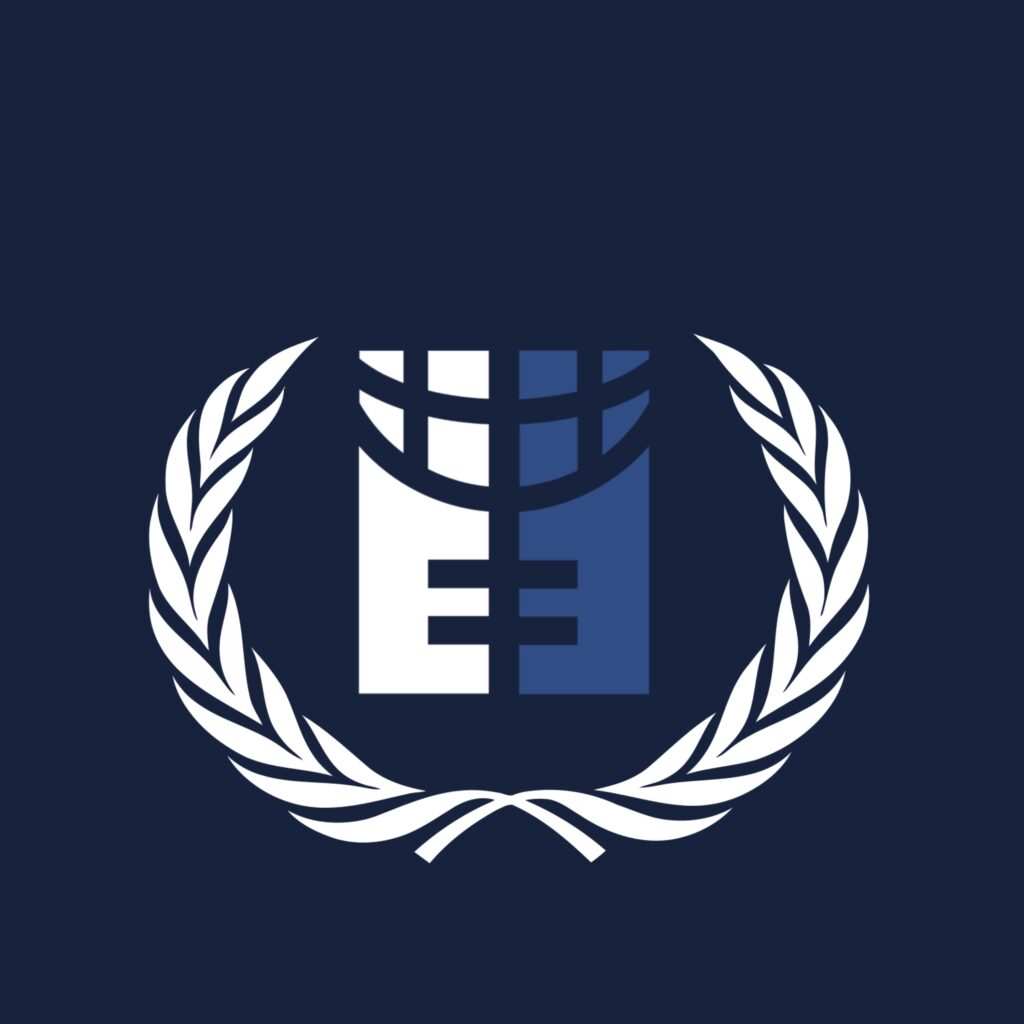
Delegates deliberate on policies to advance gender equality, women’s rights, and empowerment in social, economic, and political spheres globally.
Economic and Social Council (ECOSOC)
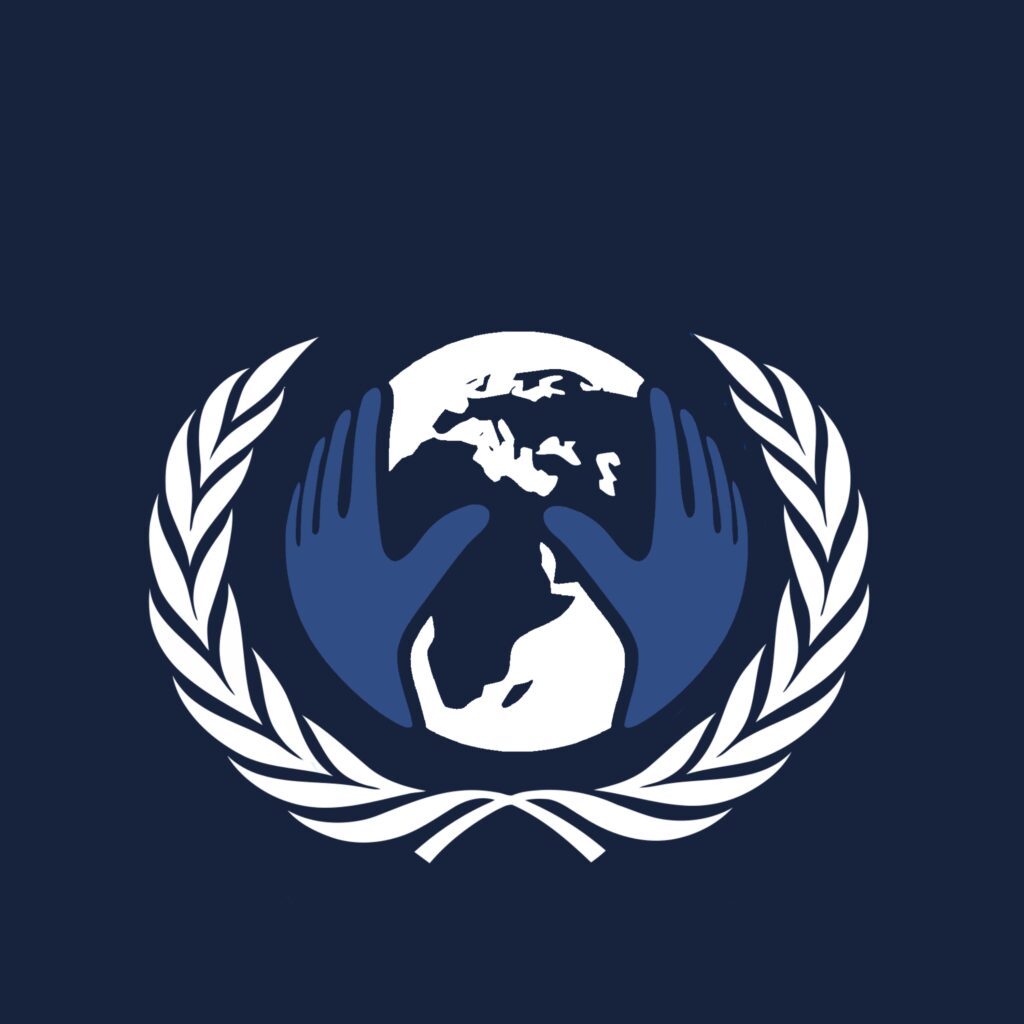
Responsible for global development, ECOSOC discusses poverty reduction, sustainability, economic growth, and social progress, shaping international cooperation.
United Nations Educational, Scientific and Cultural Organization (UNESCO)
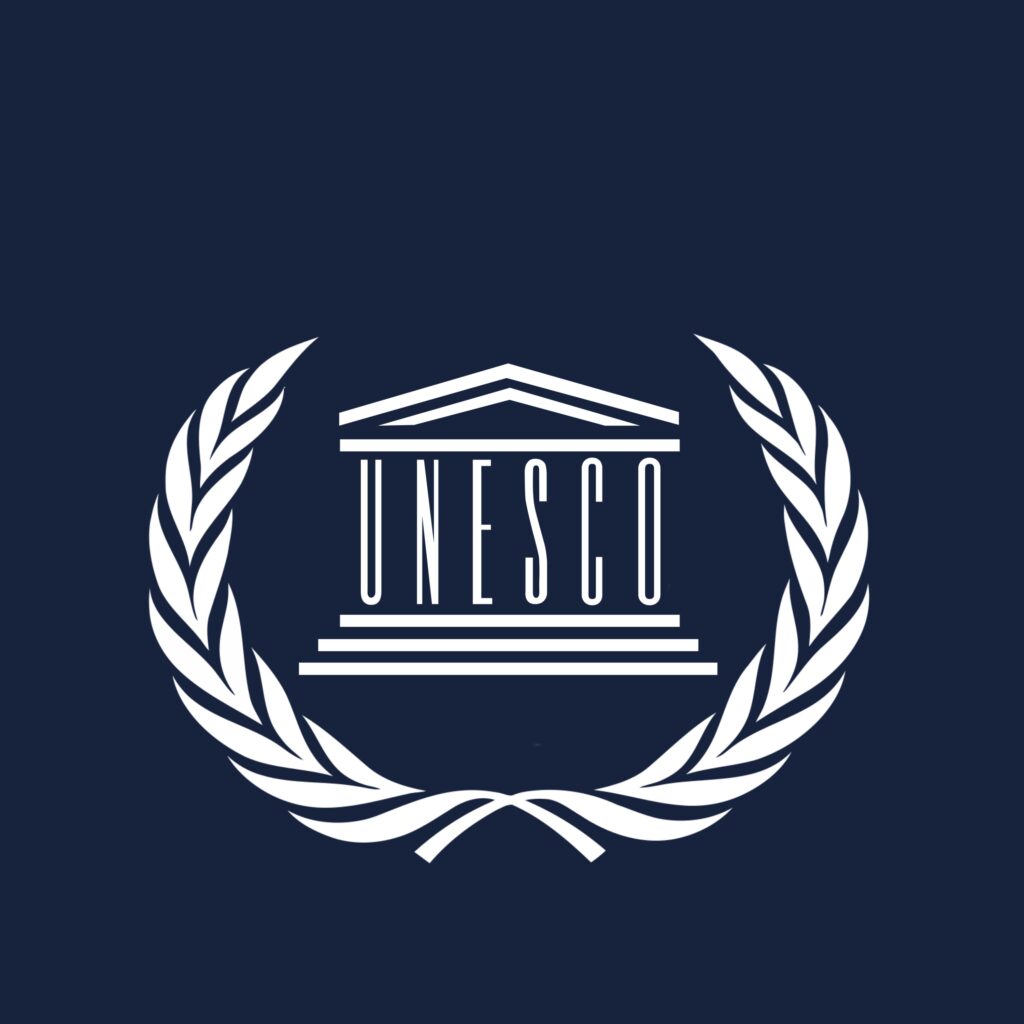
UNESCO’s committee covers educational development, cultural heritage protection, freedom of expression, scientific cooperation, and international understanding.
